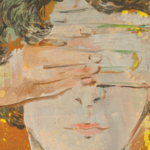A year ago, when the world was very different, I contributed an essay to CrimeReads discussing the revival of popularity of Golden Age detective fiction. One thing is for sure. Apart from all their other merits, Golden Age mysteries offer entertaining escapism and right now, faced with all the uncertainty of living through a pandemic, we can all do with some of that. Of course, crime fans know of Agatha Christie, Dorothy L. Sayers and the other ‘Queens of Crime’—but who are the unsung authors of the Golden Age whose work is worth exploring?
Today I’m focusing on ten authors who, I think, deserve to be more widely read. Some of them have had a few novels reprinted (or made available via digital publishing) in recent years, but as far as most readers are concerned, they all still fly under the radar. I’ve limited myself by not including any writer who has already had one or more novels reprinted in the British Library’s Crime Classics series, for which I act as consultant. So there’s no place in this list for such admirable writers as C.E. Vulliamy (aka Anthony Rolls), Christopher St John Sprigg, Anthony Berkeley, Ellen Wilkinson, Anne Meredith, John Dickson Carr, or Richard Hull. I’ve also omitted authors who did not publish at least two detective novels between the end of the First World War and the start of the Second—mainly so as to eliminate those who wrote in the Golden Age manner, and adopted its tropes, but were not at work during the hey-day of this type of writing. This excludes a number of fine writers, including the American Helen McCloy and Britain’s Christianna Brand and Edmund Crispin. But these self-imposed constraints do mean that there’s space for some less renowned names—and it’s always good to shift the spotlight around.
Even narrowing the candidates down in this way left me with plenty of options. And I hope that, in keeping with the Golden Age tradition of unexpected twists, there will be a few names which come as a surprise even to connoisseurs of the vintage mystery.
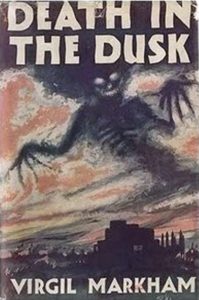
10. Virgil Markham
Let’s begin with an American writer, son of a poet, who set several of his books in Britain. Virgil Markham’s career as a detective novelist was relatively short-lived, spanning the period between 1928 and 1936. Perhaps the brevity of his venture into the genre explains why his work is routinely overlooked by crime fiction critics. But he was constructing elaborate puzzles about seemingly impossible crimes before John Dickson Carr made his debut. His first book, Death in the Dusk, is set in Wales and is dazzling and extraordinary. Shock!, also known as The Black Door, is equally elaborate and intriguing.
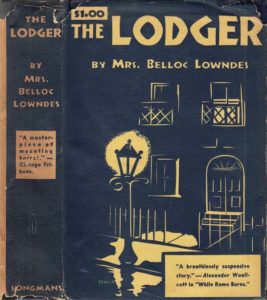
9. Marie Belloc Lowndes
Sister of Hilaire Belloc, and a well-known member of the London literary establishment for many years, Marie Belloc Lowndes wrote her most famous novel before the Golden Age. The Lodger is an early masterpiece of domestic suspense, admired by Hemingway, and filmed by Hitchcock. She continued to write throughout the Golden Age, and her books often drew on real life criminal cases. Her later work such as Motive is strangely under-estimated. She didn’t specialize in whodunits, but she did create a detective called Hercules Popeau…
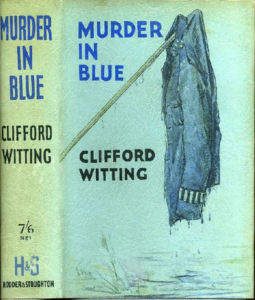
8. Clifford Witting
Conversely, Witting became better known in the 1940s, but his first books in the previous decade are entertaining mysteries which benefit from touches of humor. He made an auspicious debut with Murder in Blue, narrated by a bookseller and introducing Inspector Charlton, and followed up with Midsummer Murder, in which a series of sniper killings destroy the calm of a previously tranquil English town.
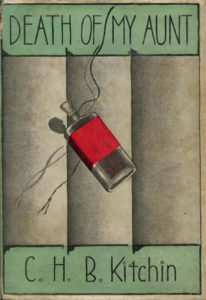
7. C.H.B. Kitchin
Kitchin was a talented man of letters whose books are varied in content and theme. Today he is best-remembered for four pleasing detective novels featuring the urbane stockbroker Malcolm Warren, and beginning with Death of My Aunt (not to be confused with Richard Hull’s subsequent The Murder of My Aunt). My favourite, however, is Birthday Party, a quietly powerful country house crime story which makes clever use of multiple viewpoints.
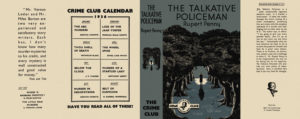
6. Rupert Penny
Penny was the pen-name of Basil Thornett, who dashed off eight classic detective puzzles in next to no time, starting with The Talkative Policeman in 1936. His series police officer, Chief Inspector Beale, had a stockbroker as his ‘Dr Watson’, an unlikely combination that captured the light-hearted nature of the mysteries. Classic tropes—locked room murder, fiendish ciphers, and ‘challenges to the reader’—abound in his books. He then gave up concocting fictional puzzles to work as a cryptographer at Bletchley Park.
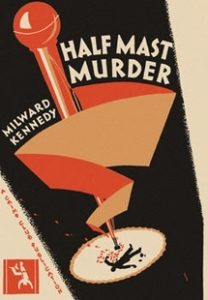
5. Milward Kennedy
Milward Rodon Kennedy Burge was a high-level diplomat who began writing crime in collaboration before branching out on his own as Milward Kennedy. His first solo effort, The Corpse on the Mat, was a light-hearted mystery name-checked by Lord Peter Wimsey in Five Red Herrings, but Kennedy’s work was increasingly influenced by that of Anthony Berkeley, alias Francis Iles, and his stories became more original and ironic. Poison in the Parish is an especially interesting example of the village murder mystery with a distinctive twist.
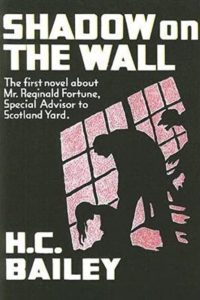
4. H.C. Bailey
In his hey-day, Henry Christopher Bailey was one of the genre’s major figures, lauded by T.S. Eliot as well as Agatha Christie and Dorothy L. Sayers. His main series detective was Reggie Fortune, and the longish short story showcased his talents to best effect. Bailey’s weakness was an over-elaborate prose style, but if you can look beyond the verbiage, There is a darkness at the heart of many of his tales, as well as the novel Shadow on the Wall, which is striking and memorable.
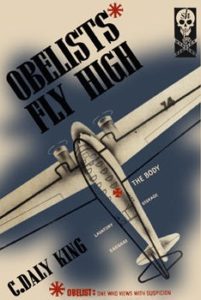
3. C. Daly King
Our top three begins with another American, a psychiatrist whose extraordinarily convoluted puzzles are at times maddening, but occasionally breathtaking. The Curious Mr Tarrant is a famous collection of short stories, but his three ‘obelist’ novels, each with an elaborate ‘cluefinder’ at the end, highlighting the clues in the text, fascinate me most. Obelists Fly High is a book I’ve always enjoyed—so much so that I pay tribute to it in a couple of different ways in my own latest novel, Mortmain Hall, a novel which revives the concept of the ‘cluefinder’.
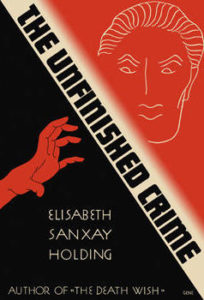
2. Elisabeth Sanxay Holding
Holding was an American writer whose admirers included Raymond Chandler, but her gripping books have, since her death, not received the scale of admiration that I think they deserve. Following in Marie Belloc Lowndes’ footsteps, she developed the notion of domestic suspense in subtle novels of character and mounting tension such as The Unfinished Crime. Her post-war books are better-known, but those she wrote in the 1930s are also highly readable.
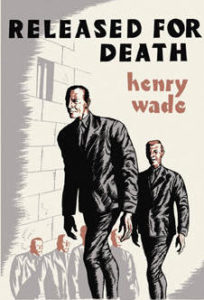
1. Henry Wade
Sir Henry Aubrey-Fletcher was a baronet, a member of the landed gentry who—unlike most Golden Age writers—had an insider’s perspective on country house life. Privileged as his origins were, he wrote with compassion and understanding about people with troubled lives, ranging from a career burglar in Released for Death to a prostitute in Lonely Magdalen. He was a former Grenadier Guard, wounded and decorated during the Great War, and the consequences of war resonate in many of his stories. His crime fiction is remarkably varied—classic puzzles, police procedurals, inverted mysteries, even a witty account of the misadventures of a serial killer—and his mastery of plot is allied to a focus on character that was ahead of its time.
***













